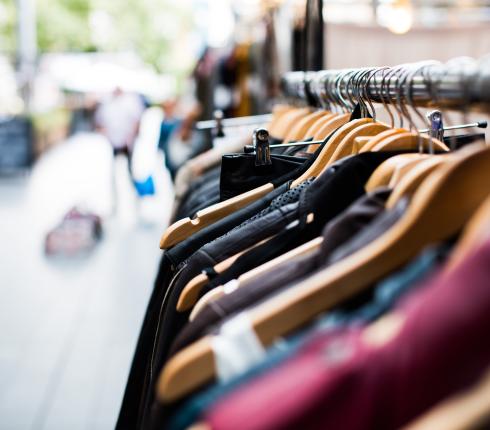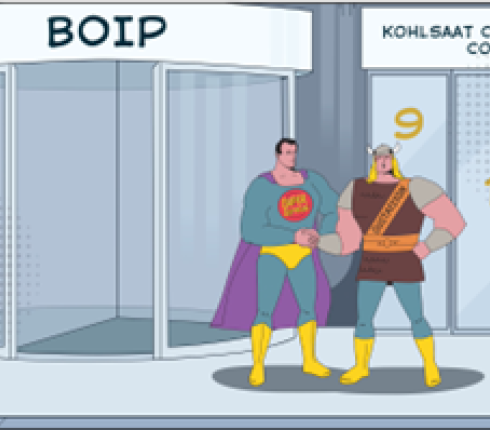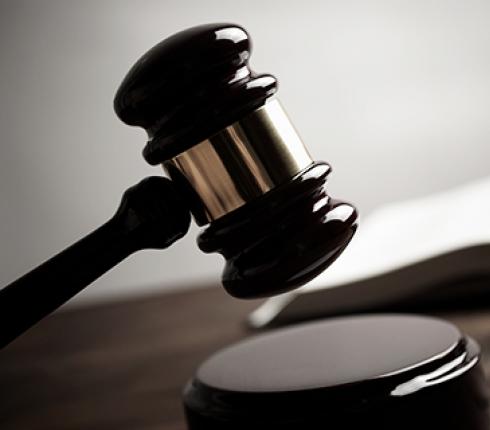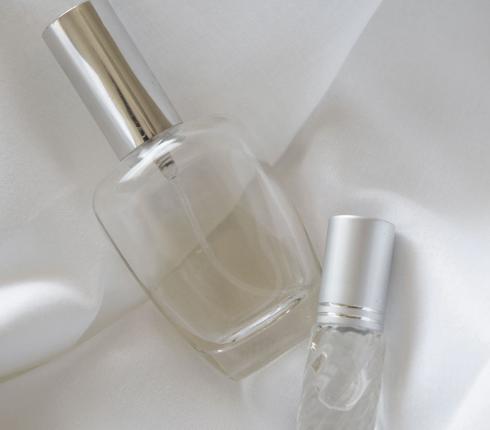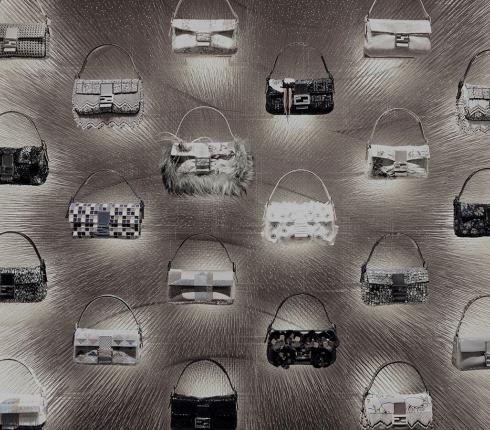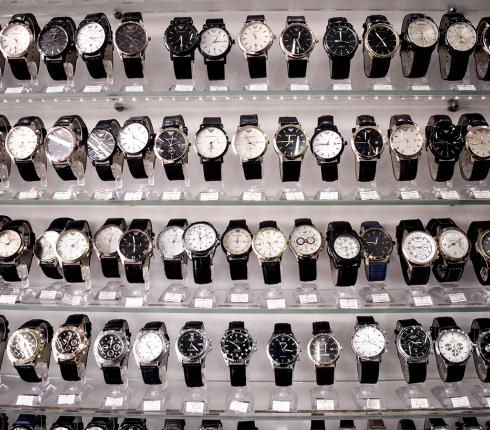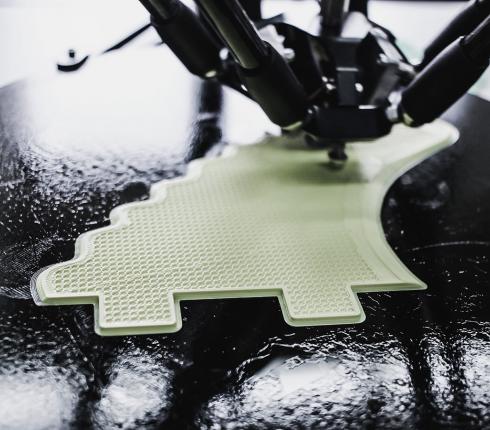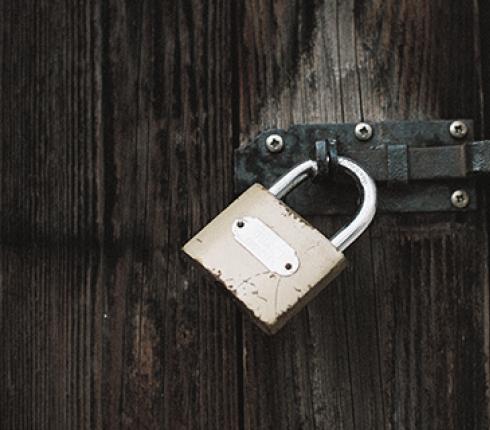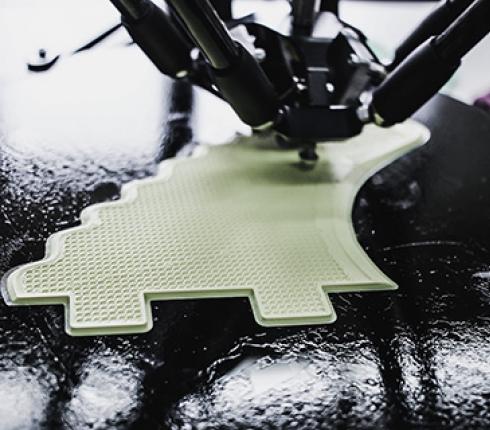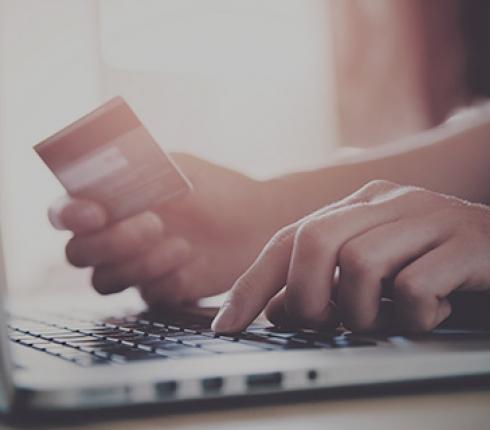NJORD Estonia: Gucci purse for just a 100 euros!?
It has become way too common for people to order counterfeit products from online stores without realising that they as the buyers also have the responsibility to make sure that the purchased products aren’t counterfeit (pirated copies). In addition, such purchases cause economic damage to both the owner of the brand and in unreceived taxes, to the state. It also supports criminal activity, which increases the demand for counterfeit products. Some counterfeit products, such as medical drugs, toys and toxic plastic packaging, may even cause harm to the purchaser’s health.

Low price doesn’t outweigh the risks
Companies use trademarks for a reason, it makes it safer for the buyer to make the purchase. Trademarks work as an indicator on products to guarantee that they are high in quality, legal, safe and reliable. The remarkably lower price of counterfeit products is undoubtedly the main factor that tempts the people to buy them and sometimes the buyer makes a calculated decision to do so. Of course, situations occur where the buyer is unaware that they purchased a counterfeit product, however, the significantly lower price should cause some suspicion – an original Gucci purse or a Rolex watch would never cost only around 100 or 1000 euros.
Destruction of counterfeit products
The intellectual property protection bodies in Estonia are the Police and Border Guard Board and the Tax and Customs Board. The Estonian Criminal Code regulates the crimes related to trademark infringement and their terms of punishment: infringement of the sole right of the trademark owner and trade in counterfeit goods is punishable by a pecuniary punishment or up to three years’ imprisonment. The same act, if committed by a legal entity, is punishable by a pecuniary punishment. Even if a person purchases the counterfeit product for personal use and doesn’t plan to trade in counterfeit goods, they still commit an infringement of the sole right of the trademark owner and will be liable under the Estonian Trademark Act.
If the ordered product reaches Estonia and there is a suspicion that it’s counterfeit, the Tax and Customs Board has the right to detain it. The Tax and Customs Board themselves do not have the competence nor right to assess whether a product infringes on trademark rights, so they request this information directly from the trademark owner. The trademark owner also receives information about the detained product’s characteristics, the amount, the origin and the receiver of the product. The information usually also includes photos of the products so that the trademark owner can quickly identify whether the products are fake.
Trademark owners usually appoint a local representative whom the Tax and Customs board will notify every time they detain suspicious products. The representative must inform the Tax and Customs Board in 10 working days whether products are counterfeit and whether they want the products to be destroyed. The Tax and Customs Board can only destroy products once they have received a clear order to do so.
The trademark owner’s right to file a claim against the infringer
Since the Tax and Customs Board also informs the trademark owner about the receiver’s information, the owner or their representative usually also contacts the buyer of the product. The purpose of the contact is to notify the buyer that the product infringes on intellectual property rights and that the trademark owner has the right to file a claim against the person who used the trademark unlawfully. The size of the claim depends on the number of products and their value. In addition to possible criminal penalties, which can only be implemented by a public authority, the trademark owner can file an action against the person who infringed the sole right of the trademark owner for compensation for damage caused intentionally or due to negligence, including loss of profit as well as demanding compensation for material and non-material damage, under the Estonian Trademarks Act.
So before ordering from online stores, it is important to make sure that the ordered products are not counterfeit, otherwise it might end up getting claims for damages and/or getting fined. The price of the products can often help you determine whether the product is an original or counterfeit.


